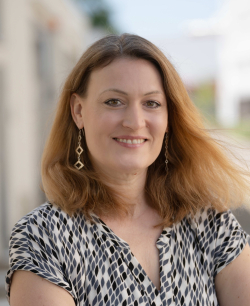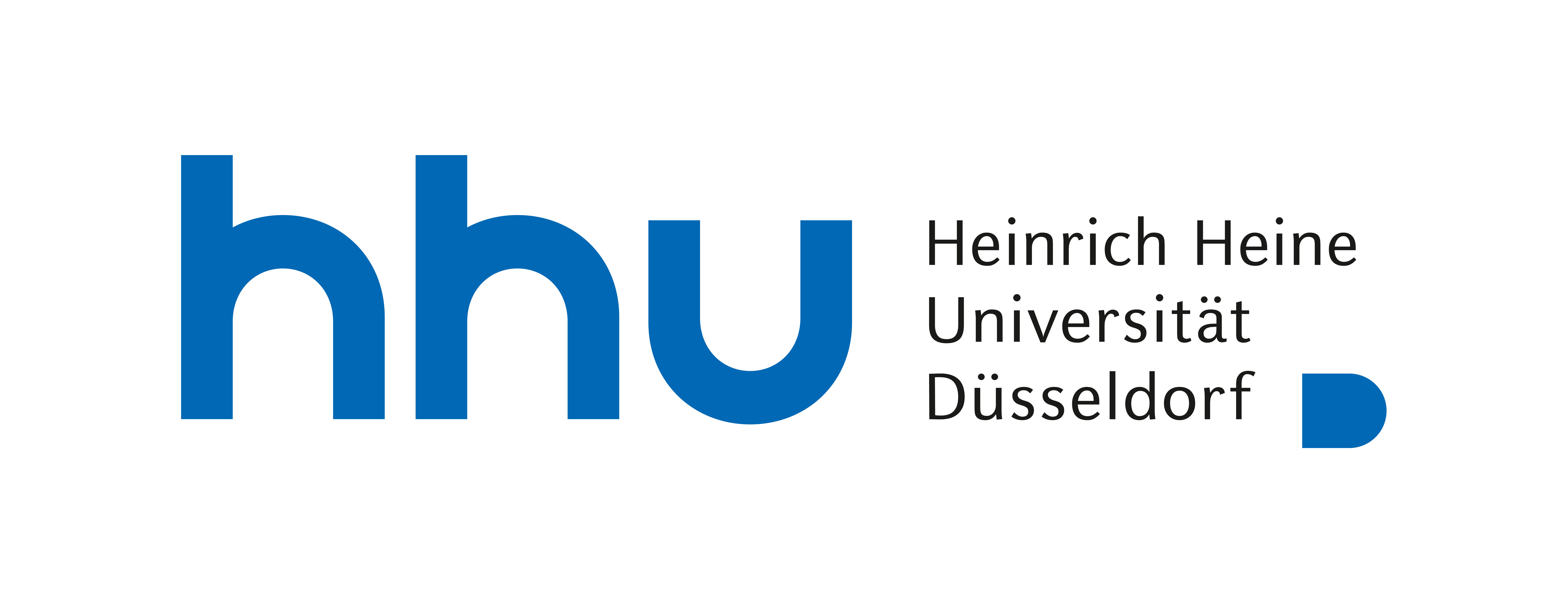For this feature, we ask our female PIs three questions – about the SFB, their career, their balancing of work and private life, gender issues in general etc.
Did you ever consider leaving academia and what made you stay on?
I did consider leaving academia. As I was graduating with a PhD, I considered different possible jobs, including joining the European Commission, switching to Medicine, and doing consultancy. Ironically, I never considered the Biotech industry as an option, perhaps because that would be “too close”, with fear of having regrets later. If I left academia, I would be leaving research. I decided to stay on because of the diversity the job provides. Even though as a PI, most of my time is spent in front of my computer, it still represents a nice mix of activities, such as training early career scientists, discussing science with very different people, traveling to conferences, presenting our science, writing papers and grants, some administrative duties, teaching, and even the occasional experiment! It is never boring and I constantly learn new things, every day.
Which aspect of being a PI do you like best?
It is very rewarding to watch the progress of the people in my lab, and seeing them exceed expectations, including their own. Since I have contributed to their scientific training, I take some of the credit for their successes and their proudest moments. This aspect of being a PI makes me very happy.
What do you consider the best time in a scientific career to raise a family?
There is no good time to raise a family! At some point, if we want kids, we have to bite the bullet. I consider the best time, the PI stage, or any stage in which a schedule is not dictated by hands-on wet lab experiments. That gives some flexibility, but is also difficult because the early PI stage is particularly stressful and busy. I had both my kids during my Postdoc, which I do not really recommend: I was very fortunate that it did not kill my career. On the other hand, early career stages often directly overlap with the “best” time to have kids in terms of female fertility, so the choice is not always there. It is really hard to raise a family and pursue a scientific career at the same time, especially for women.
 Following research and study stays in Paris, Singapore, Berkeley, and various locations in Germany, Valérie Hilgers has led a research group at the Max Planck Institute of Immunobiology and Epigenetics in Freiburg since 2016. A recipient of both an ERC Starting Grant and an ERC Consolidator Grant, she will begin her new role as Professor of Anatomy and Cell Biology at the Department of Biomedicine at the University of Basel in July 2025. Valérie’s research focuses on the genetics and epigenetics of the nervous system, and within our SFB, she leads project B02.
Following research and study stays in Paris, Singapore, Berkeley, and various locations in Germany, Valérie Hilgers has led a research group at the Max Planck Institute of Immunobiology and Epigenetics in Freiburg since 2016. A recipient of both an ERC Starting Grant and an ERC Consolidator Grant, she will begin her new role as Professor of Anatomy and Cell Biology at the Department of Biomedicine at the University of Basel in July 2025. Valérie’s research focuses on the genetics and epigenetics of the nervous system, and within our SFB, she leads project B02.









